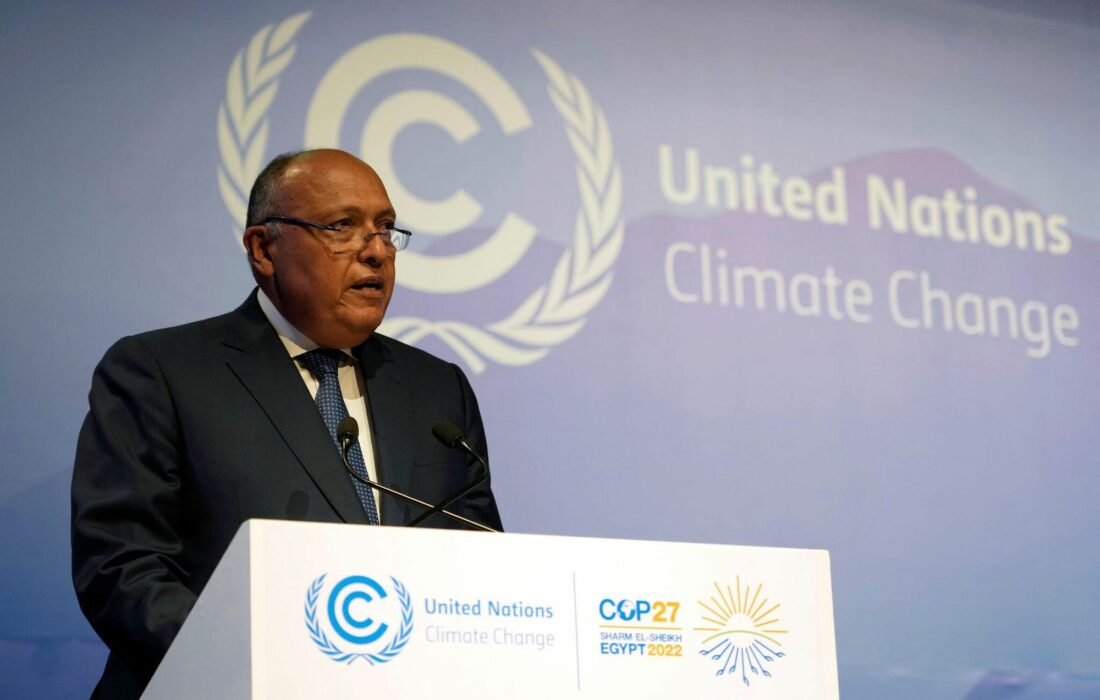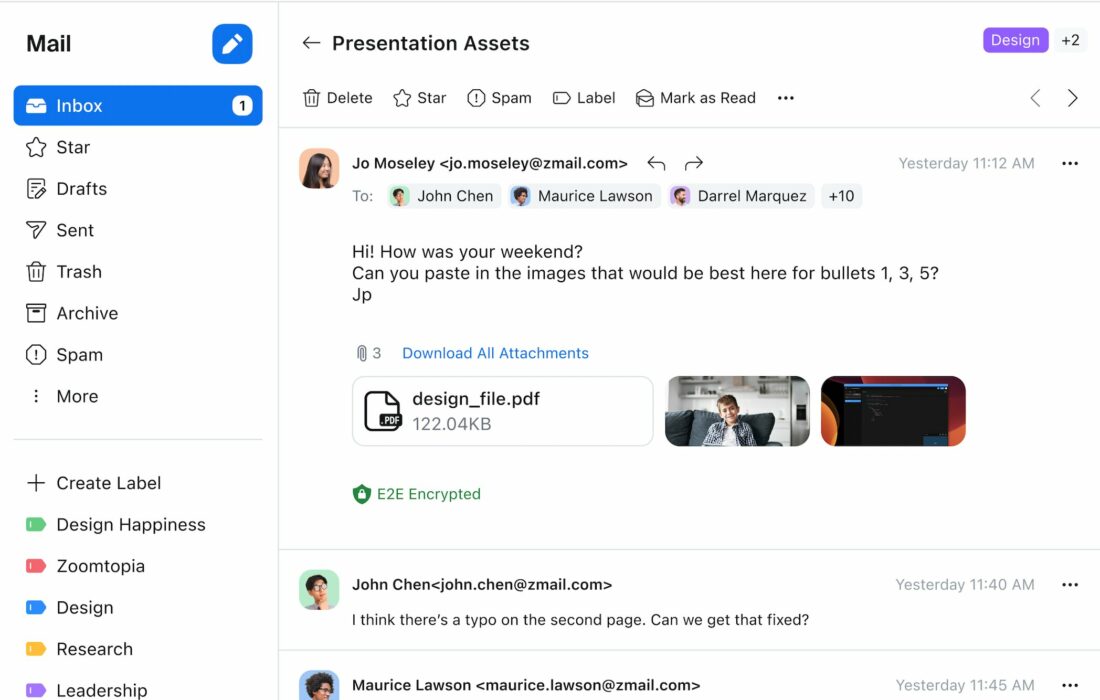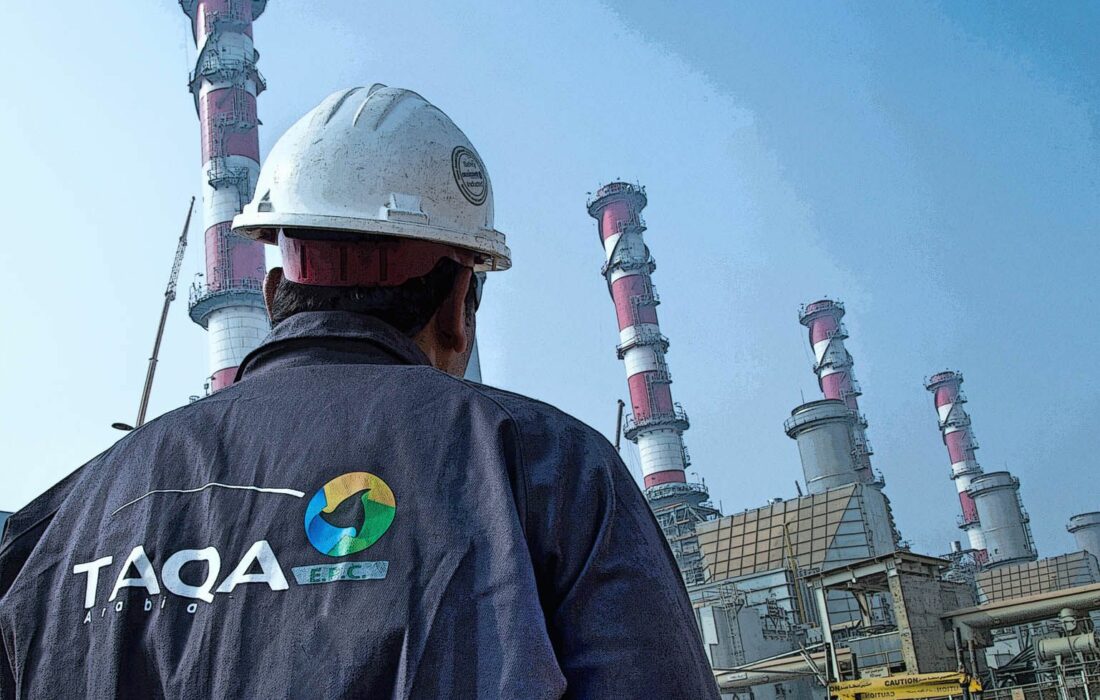It’s another busy week here in the MENA region, we have gathered a news recap for you! COP27 officially kicks off in Sharm El Sheikh with large wind farms to be built in Egypt, big funding rounds for Yassir and Pyypl, and Saudi Arabia is getting its own electric vehicle brand. Not to mention that JPMorgan executed its first trade on public blockchain!
Hassan Allam, Masdar, and Infinity Power signed an agreement to build a 10 GW onshore wind project in Egypt, the wind farm will produce 47,790 GWh of clean energy annually and offset 23.8 million tonnes of carbon dioxide emissions, which is equivalent to around 9% of Egypt’s current CO2 emissions.
Algeria’s Yassir, a super app and on-demand services marketplace, raised $150 million in a Series B funding round led by BOND. Yassir will be using the funds to expand its reach and presence in the region, it operates in six countries and provides three main services: ride-hailing, food and grocery delivery, and financial services.
Pyypl, UAE’s FinTech platform, raises $20m in a Series B round, the funds will enable the startup to further expand its reach across the MEA region, invest in product development, build out new features of the company’s proprietary technology platform to enhance user experience, and facilitate scaling in current and new markets.
Saudi’s PIF launches “Ceer” a Saudi electric vehicle brand, which will be is the first Saudi automotive brand to produce electric vehicles in Saudi Arabia and will design, manufacture and sell a range of electric vehicles in Saudi Arabia and the MENA region, including sedans and sports utility vehicles.
JPMorgan executes its first trade on a public blockchain using DeFi, JPMorgan traded tokenized cash deposits on the public Polygon blockchain, setting the stage for banks everywhere to step into the future and public blockchains with confidence and the “live cross-currency transaction”, which involved tokenized Singaporean dollar and Japanese yen deposits, was conducted with a simulated exercise of buying and selling of tokenized government bonds.
If you see something out of place or would like to contribute to this story, check out our Ethics and Policy section.










